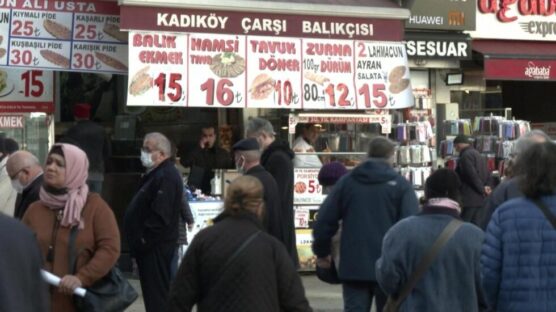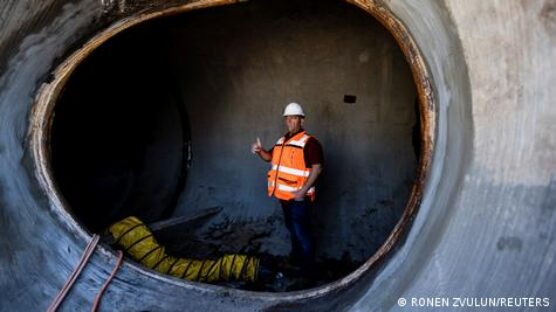Cost of living
1 Apr
As Turkey's opposition celebrates a strong showing in local elections, the country's official inflation rate has crept back up to 67 percent, despite President Recep Tayyip Erdogan's shift towards mainstream economic policies. Also in this edition: Germany's legalisation of recreational cannabis aims to curb the black market, but misses out on tax revenues.
13 Nov
A survey by SBM Intelligence shows that Nigerian consumers spend about 97.4 per cent of their average income on food. The report highlights how high inflation, sluggish economic growth and high unemployment rates fuel Nigerian consumers' cost-of-living crisis. Seyi Awojulugbe, Senior Analyst, SBM Intelligence joins CNBC Africa for more.
Latest
1 hour ago
Private sector players are urging the Nigerian government to suspend the increase in electricity tariff for band A customers, citing the recent appreciation of the naira, a part of the determining factor for the tariff. Segun Ajayi-Kadir, Director General of the Manufacturers Association of Nigeria, joins CNBC Africa for this and more.
2 hours ago
Amnesty International is accusing Israel of a flagrant disregard for international law during its offensive in Gaza. The organisation's annual report says the situation is being compounded by the failures of Israel's allies to stop the indescribable civilian bloodshed being seen in the Palestinian enclave.
2 hours ago
The president of the Confederation of African Football (CAF) Patrice Motsepe discussed his ambitions for African football and his tenure as CAF president.
1 day ago
Find these stories and much more when you grab a copy of The Guardian on Thursday.
1 day ago
Tunde Onakoya, the Nigerian Chess expert who smashed the previous Guinness World Record for the longest chess marathon has returned to Nigeria. The founder of Chess In Slums Africa broke a new record of 60 hours of playtime in New York’s Times Square last Saturday, which is still receiving confirmation from GWR.
1 day ago
Israel's economy suffered a major contraction in the final quarter of 2023, following the terrorist attacks. Its economy shrank by 5.2% compared with the previous quarter. Much was related to the labor force disruption which resulted when around 300,000 reservists were called up to the country's armed forces.













